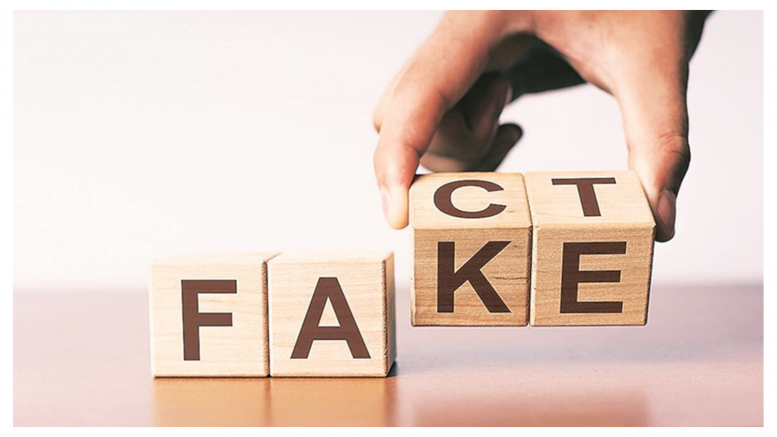This week, fake got real for me. What I had been hearing about as a theoretical possibility translated into a reality. Many of us now know that ChatGPT makes stuff up and fills in the blanks as it feels most appropriate. We also know that it has a data set that ends in 2021, and as a result, it will not be able to provide reliable and up-to-date information. When a reporter uses generative AI to source information for a story and as a result gets data and information that is wrong, the services of a PR person are called upon to correct this error and share the most recent information.
The recent incident of a German magazine editor getting fired for running a fake story with a clickbait headline that led readers to believe that they had got the first interview with Michael Schumacher, is another case in point. The end of the article indicated that it was a set of quotes that were AI generated. Globally and locally fake chats are rapidly starting to generate fake news, intentionally or otherwise.
This reinforced a belief about the growing importance of Reputation, that I have been forming over the last few weeks. Many worry about the impact of generative AI on the PR profession. I see AI enhancing the value of our tradecraft. A pioneer in the subject of Reputation management Dr. Charles Fombrun, founder of RepTrak, defines reputation “as the emotional connection that stakeholders (consumers, investors, employees, regulators) have with a given company.” Emotions certainly get riled up and run amok when fuelled by fake news.
From an era when your Reputation was what Google said about you, we are now rapidly moving into one where your Reputation is What ChatGPT says about you. Getting the right information and helping shape and protect a reputation is going to become a much harder thing to do and as a result, it is going to be a very valuable service.
Last week, the ‘Twitter-verse’ also lost its blue tick. This opened up many avenues for misinformation which could result in confusion and dangerous outcomes. The onus of verifying if the tweeter is who they claim to be is on the reader now. Once again bringing into focus the danger of fake news and views and how that could impact reputation.
When you add up these kinds of developments, they simply underline for me the role and responsibility public relations practitioners have to help individuals, brands, and organisations to navigate the new media environment. What does that mean for me as a PR professional? It means that the bar has been raised and the degree of difficulty has intensified by many folds. The importance of ethical conduct, creativity, and caring just got underlined.
The new breed of PR professionals needs to be at the cutting edge of new technology trends and developments while remaining rooted and grounded in the guiding principles of the profession. Sophisticated online listening capabilities to quickly identify patterns and threats, coupled with real-time response mechanisms, will be must-haves. Real conversations, real connections and really caring about nurturing and protecting reputation will be really valuable skills. Understanding the stakeholders, the issues, and the context and helping craft content that will be relevant and resonant is where art meets science. PR as we knew it is obsolete, long live PR.
The views and opinions published here belong to the author and do not necessarily reflect the views and opinions of the publisher.



Be the first to comment on "Fake Chat = Fake News. Reputation is what ChatGPT says about you…"